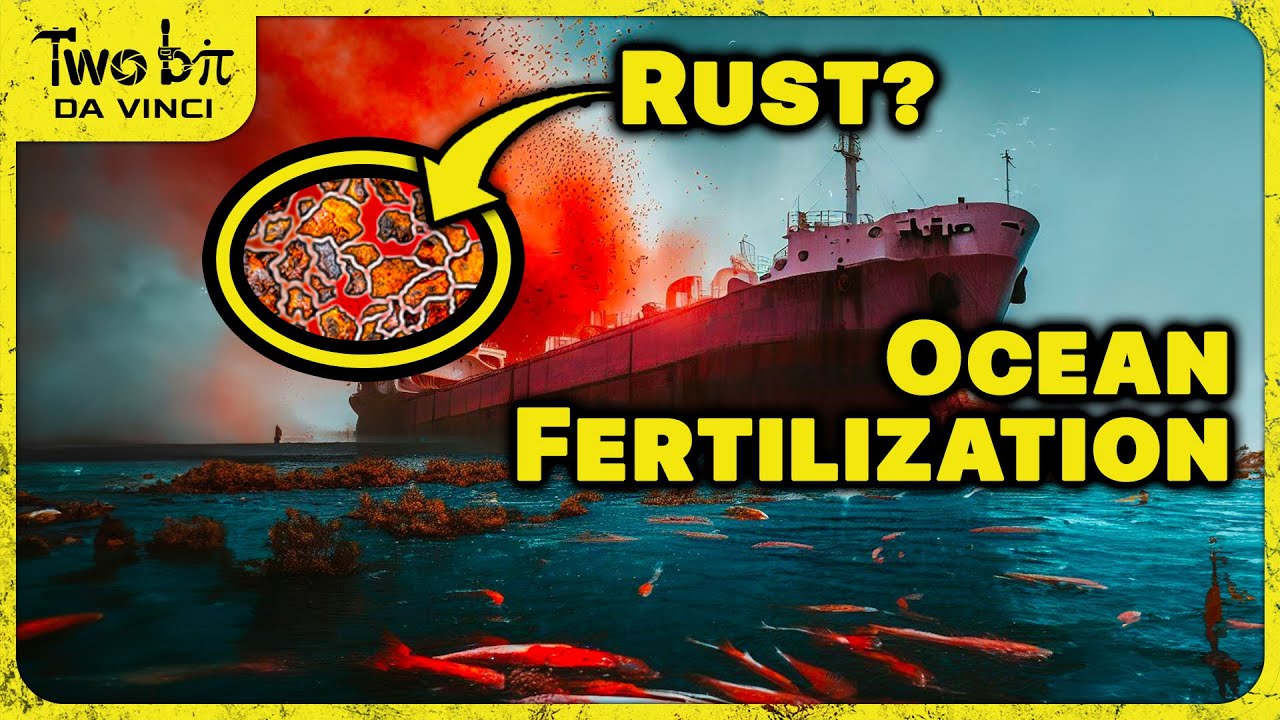The oceans are our unsung heroes for a healthy life on this planet. They don't just cover most of the Earth, they're home to most of its life as well. Plus while trees get most of the credit, most photosynthesis actually happens in our oceans. So restoring coral reefs and healthy ocean biomes is crucial, and scientists think fertilizing the oceans with rust, might just be the panacea we've been looking for. But how on Earth would that work? And is this just another classic example of future unintended consequences? Let's figure this out together.



That’s a great analogy. If we had another 20 or 30 years worth of runway, we could afford to wring our hands about the consequences of large-scale experimental solutions because the boring incremental steps would be adequate, or at least adequate enough that it’s not worth potentially causing a bigger problem. Now, though, the consequences of inaction are so huge and so awful that the threat of unintended consequences is starting to become moot. Like “oh no, if we experiment with this, we might create a temporary dead zone in one part of the ocean.” The ocean is being fucked up hard right now and this might actually help, could we at least give it a try?